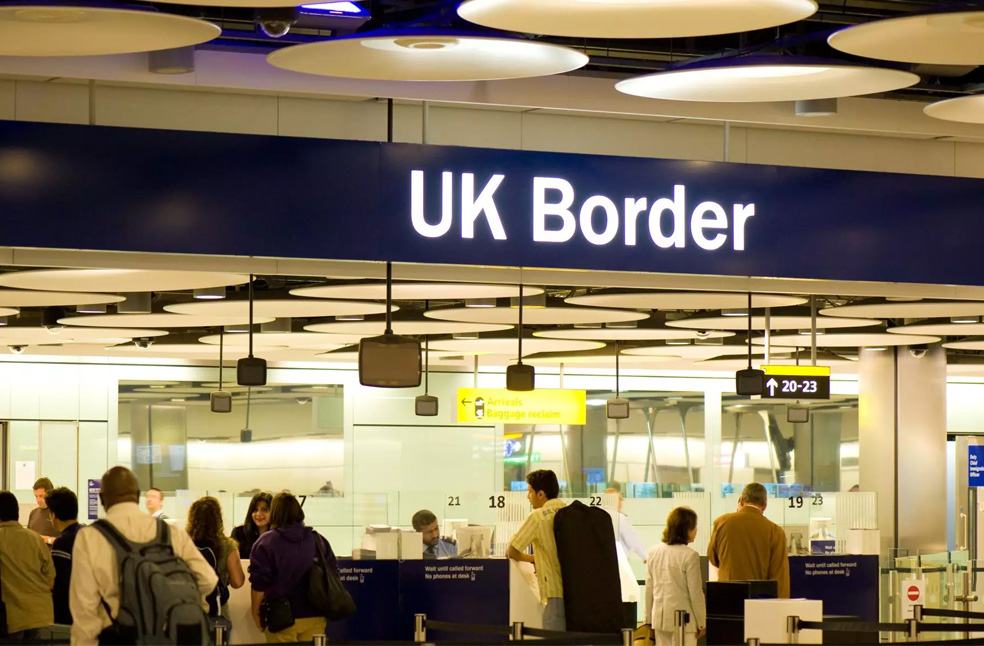London: Migrants will now need to live in the UK for ten years instead of five before they can apply for citizenship, under sweeping migration reforms aimed at reducing the country’s reliance on foreign workers.
The new contributions-based model will include exceptions for individuals who provide a high contribution to the economy or society, such as nurses, doctors, engineers, and AI professionals, who may qualify for fast-tracked permanent settlement.
Prime Minister Sir Keir Starmer announced the measures ahead of the upcoming Immigration White Paper, describing the reforms as a clean break from the past. Starmer said that the settlement should be a privilege that must be earned and reaffirmed that language proficiency and integration are essential to living in the UK.

The policy overhaul also introduces higher English language requirements across all visa routes, including for adult dependents, a first for the UK. Officials argue that improving English proficiency will help migrants integrate and boost employability.
Currently, migrants can apply for indefinite leave to remain after five years of residence, with British citizenship usually following a year later. In 2024, the UK granted 162,000 settlements (up 35 percent from 2023) and 270,000 citizenships (a rise of nearly one-third from the previous year).
While the Home Office says the new 10-year residency rule will apply broadly, consultations later this year will define eligibility criteria for fast-tracking. Those paying higher taxes or working in priority sectors are likely to qualify. Home Secretary Yvette Cooper also indicated that individuals making an outstanding contribution to communities could benefit from accelerated status.
Dr. Madeleine Sumption, Director of the Migration Observatory at the University of Oxford, cautioned that the extended residency requirement is unlikely to have a major immediate effect on migration figures, noting no evidence it changes migrants’ decisions to move. She emphasized the most immediate effect would be increased visa revenue and delays in settlement.
However, Sumption noted that language requirements could impact visa numbers more significantly, especially for dependents, though it remains unclear how many would pass a formal test.

When asked for projected reductions in migration numbers, the Home Office declined to offer specifics. More details are expected when Yvette Cooper addresses Parliament.
Cooper said that planned changes, such as closing the care worker visa route and raising the skilled visa threshold to require a graduate qualification, could reduce foreign worker intake by around 50,000 this year.
Net migration surged following Brexit, peaking at 903,000 in June 2023 before falling to 728,000 in mid-2024, still more than double the pre-Brexit high of 329,000.
Meanwhile, the opposition Conservatives are pushing for a binding immigration cap and a repeal of the Human Rights Act for immigration matters.
Shadow Home Secretary Chris Philp criticized Labour’s reforms, claiming that Starmer’s government has presided over the worst-ever start to a year for illegal Channel crossings and calling Labour’s immigration stance a joke.
According to Starmer, the reforms aim to strike a balance between lowering migration, boosting skills, and backing British workers. However, experts warn the real effects may not be visible until five to ten years from now.



